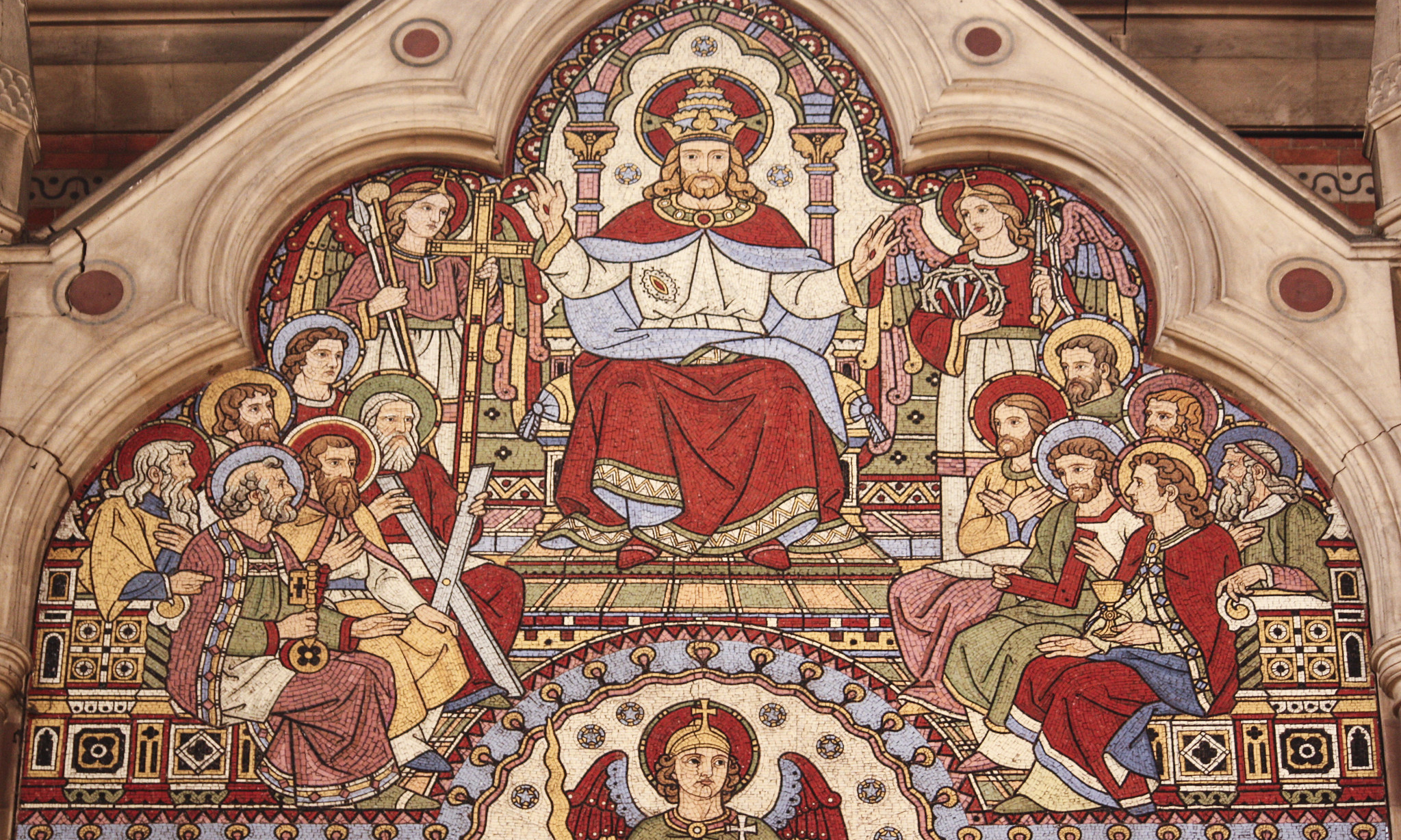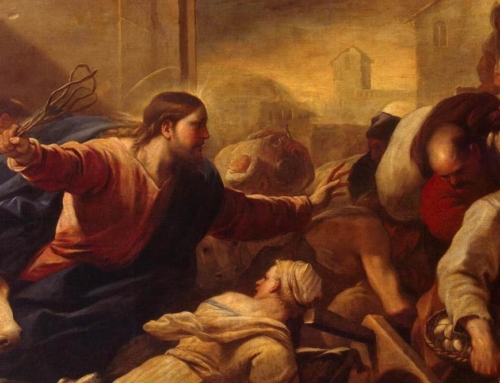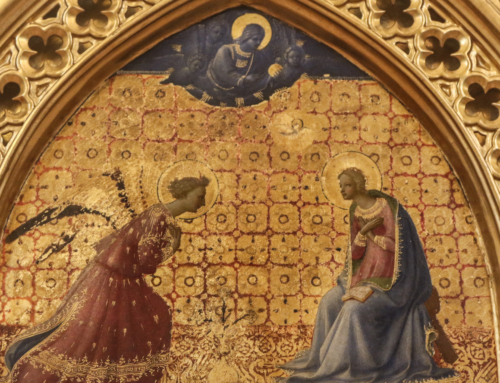A few months ago, a new heir, Archie Harrison Mountbatten-Windsor, was born to the English throne. There was much buzz surrounding the revelation of the baby’s gender and name. When the reveal came, it captivated the hearts of not only anglophiles but of everyone in the world. It seems to have always been this way with royalty. As Archie grows up and possibly gains more siblings, the world will continue to follow his every move. Long gone are the days of a world filled with monarchies, yet we are always fascinated by the idea of royalty and kingship. As kids, we first learn about these ideas in books and then dream about becoming a king or queen. We act out being royal and having power over subjects—usually our siblings! In the human heart, there seems to be a natural desire to be royal.
Kingship is a theme that weaves in and out of the entire bible. Thus, it is not foreign to the Christian mind. In the Old Testament, God, in creating the Israelite people, intended to be their king, to protect and lead them in justice and peace. Soon into the biblical story, though, the Israelites demand to be like the other nations and have a human king ruling over them to assuage their political and spiritual chaos (1 Sam 8:19-20). Earlier, God had made provision for such a desire (Deut 17:14-15), but when the Israelites finally asked for a king, their motives were skewed. They acted out of distrust in God’s protection and leadership of their lives. God made due with this mediated, earthly kingship. He promised to bless King David’s line and he brought this kingship into the covenant. Though countless kings after David failed miserably, God’s promise to bless the Davidic line came to fulfilment in the arrival of Jesus Christ, the son of David. In Christ’s kingship, God’s original plan for his relationship with his people is restored and elevated.
We as Christians participate in this drama of salvation by way of the New Covenant. Through baptism, we are given a share in Christ’s three offices of priest, prophet, and king. Baptism makes us children and coheirs with Christ (Rom 8:17). Since Christ suffered, died, and rose, he has conquered the world (John 16:33). He has taken his place at the right hand of the Father in heaven and reigns as the Eternal King. Ours, then, is a share in that heavenly reign (Rev 5:10). As earthly kings are accoutred with fine regalia, so too are we draped in grace and the gifts of the Holy Spirit. The supreme law of our reign rests in Jesus’ commandment to love God and neighbor above all else.
Therefore, together with St. Leo the Great, I say “know your dignity, Christian!” We are spiritual royalty and we reign with the power of Christ Jesus. The gift we have been given is greater than any inheritance that an earthly king could bestow on us. With this gift, this power of Christ, we are able to help restore the order of justice, principally in our souls, so that we can fulfill the commandment to love God and neighbor. From this right-ordering of the soul we are then able to contribute to the unity of the body of Christ as it strives for the consummation of the ages so as to reign with Christ forever (Rev 22:5).
✠
Photo by Fr. Lawrence Lew, O.P. (used with permission)







